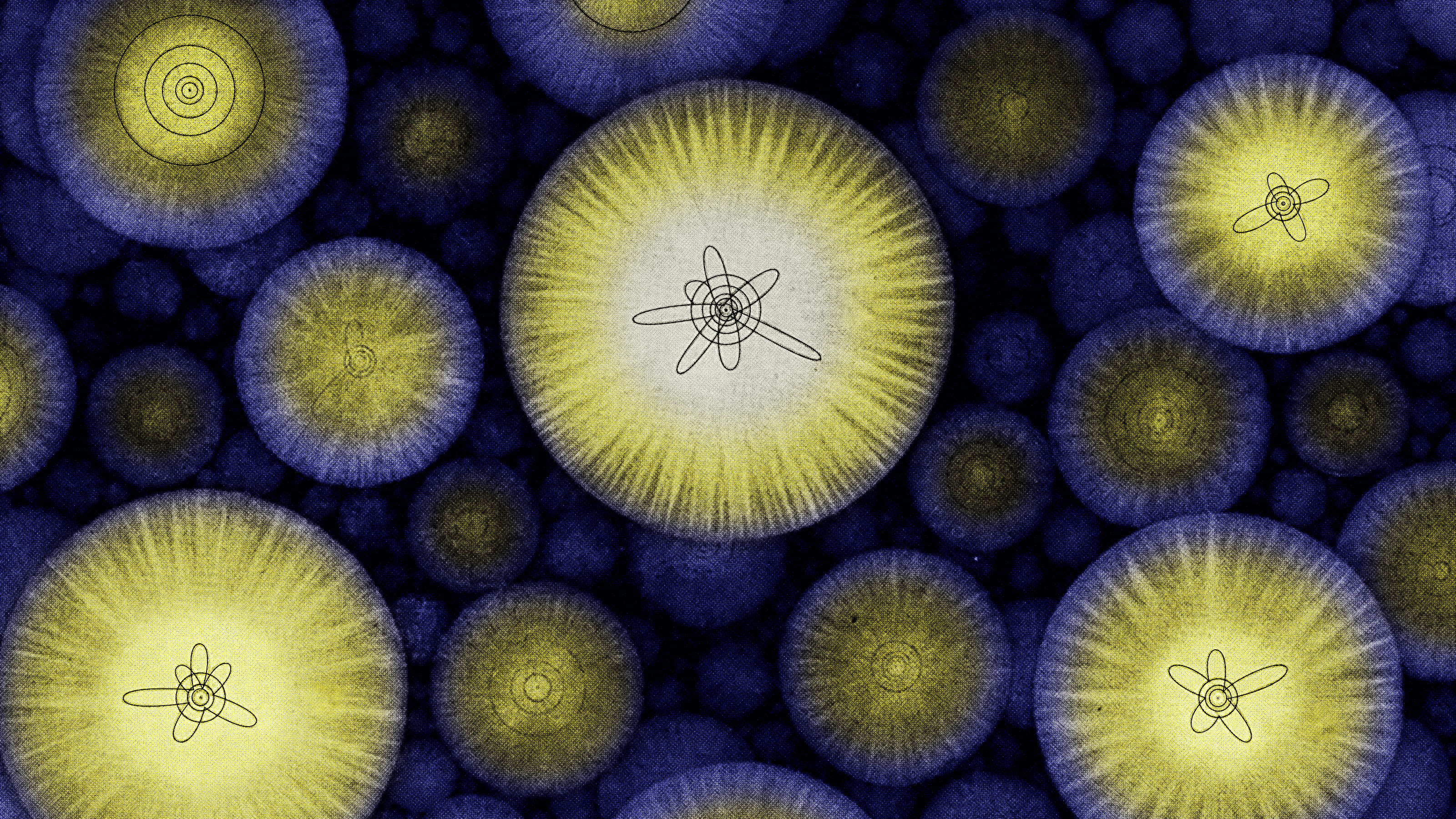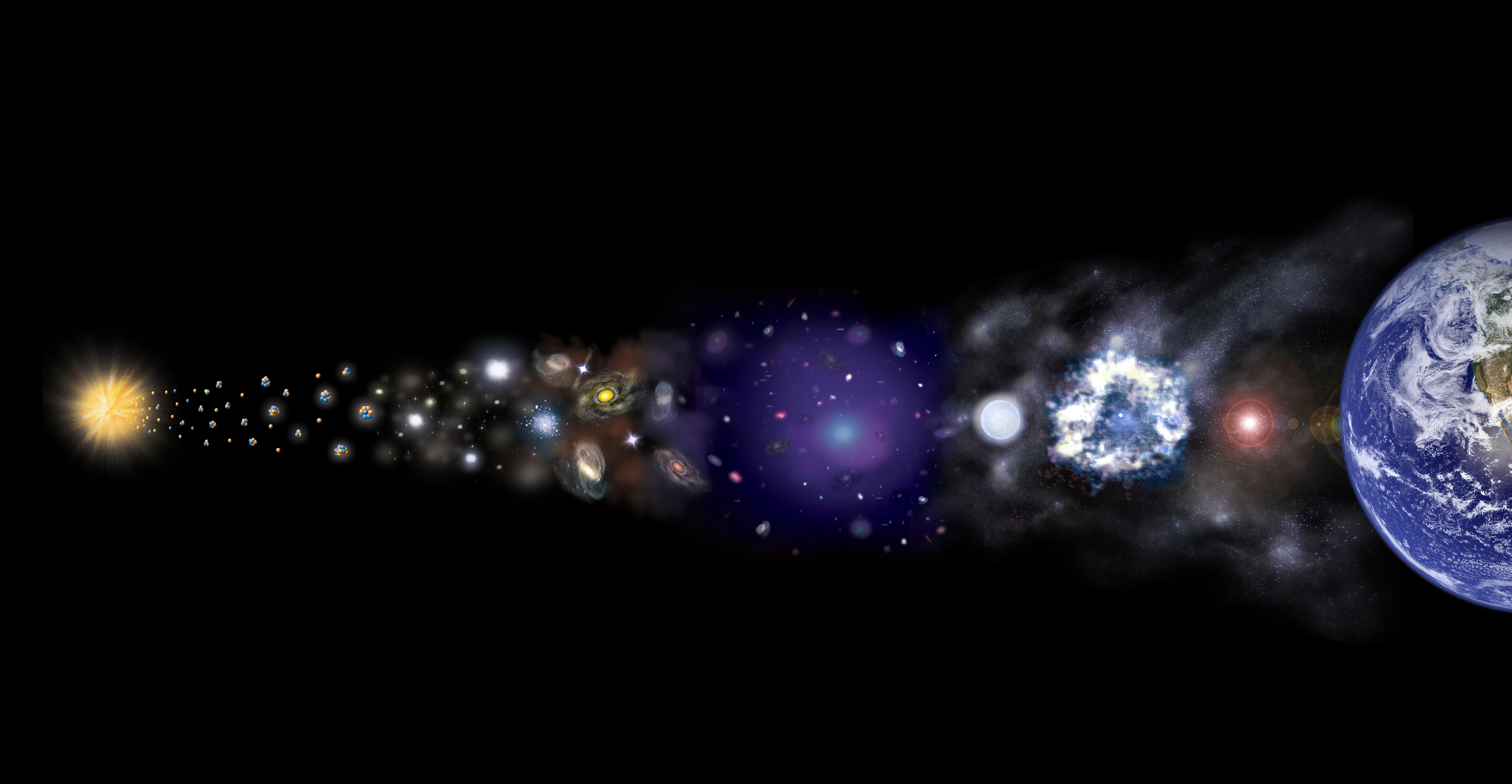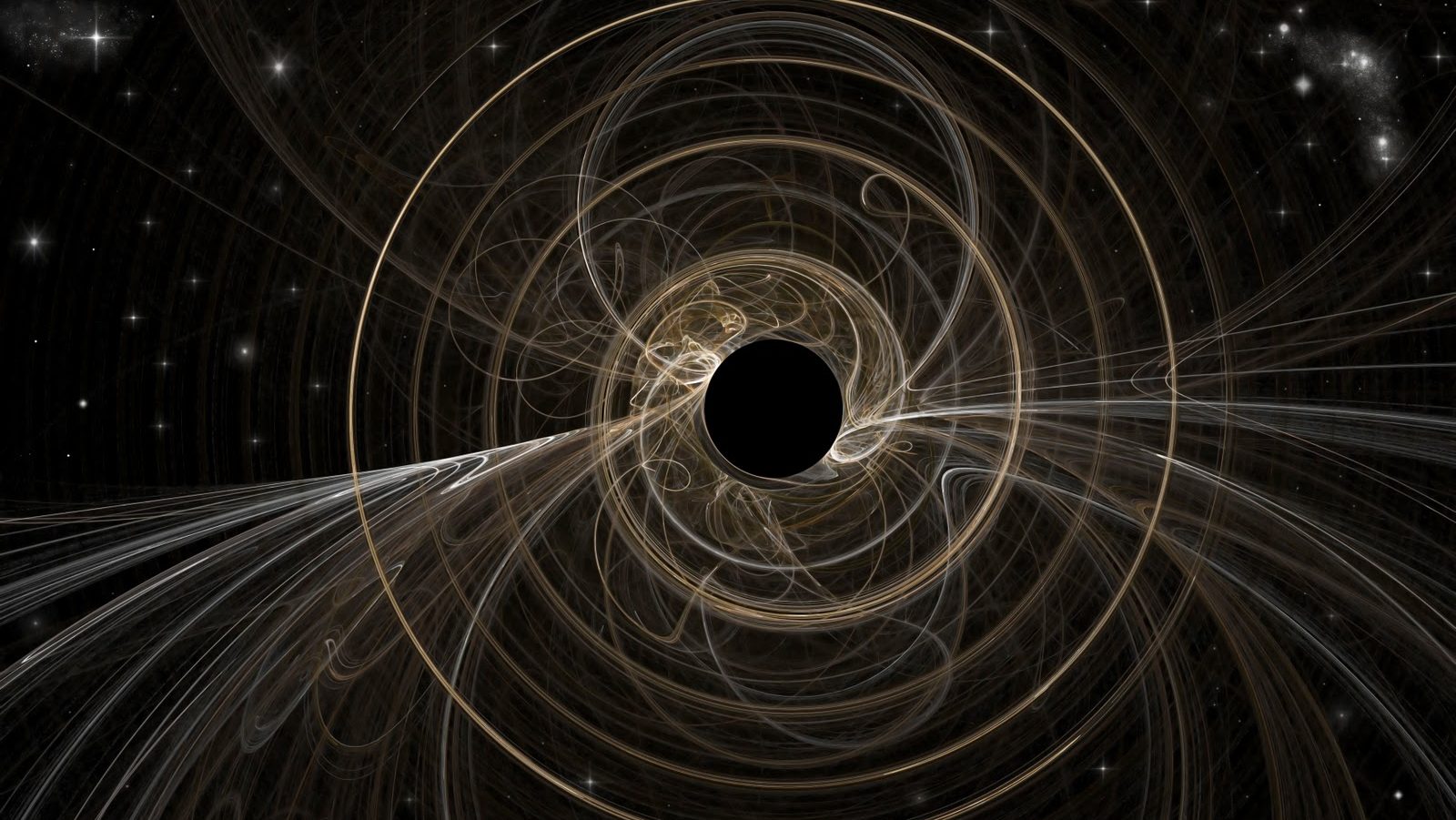What is the elusive particle that scientists hope the Large Hadron Collider will shed light on? Why does it matter? And what about those black hole rumors?
Question: What is the Higgs particle, and why does its existence or nonexistence matter?
rnPeter Woit: So, this **** of the standard model, it's quite a beautiful theory, but to make the whole thing work, you need to make sure that a certain kind of physical phenomenon has to happen. And one way of saying it is that the theory has certain symmetries and the lowest energy state, the vacuum of the theory has to have non-trivial properties under one of these symmetries. Normally you say a vacuum state is kind of complete and interesting and if you rotate it around and move it around, the vacuum state - nothing can happen, it's just a vacuum state.
rnBut the vacuum actually has to have interesting properties under these kind of mathematical symmetry transformations and so we know that has to be true in order to make the theory work. And there are many ways you can imagine making that happen, and one way is called the Higgs Mechanism. And so the Higgs Mechanism involves a postulating existence of some new fields, some new kind of matter, which is this Higgs part. This Higgs field. And then giving this dynamics, or making the properties of the Higgs field such that in the vacuum state the Higgs field will have this duntrial property. So, you can do that and in some sense the Higgs field is kind of the simplest way of getting what you want, but when you do it, you also end up losing the ability to predict all sorts of things because then the question of why does a particle have a certain mass, just becomes well because that's how strongly it interacts with the Higgs field. So, it's the simplest way of making something happen you know has to happen, but it's a way which has a lot of things you don't really like. It's not a very satisfactory way of doing it because it kind of, of necessity leaves open a whole range of questions which you would have hoped to have answers to, but you just can't answer it that way.
rnSo, one thing which we hope to learn from the LHC is, is this Higgs Mechanism, or this Higgs field really there? In which case that will actually be somewhat of a disappointment because it'll mean that this theory continues to work and we still don't know how to answer some of these questions. Or I think the much more exciting possibility is going to be that there is something else causing this phenomenon of the vacuum behaving this way. And that something else will give us something else that would be more interesting and would allow answers to these questions.
rnSo, this whole, this name of the Higgs field and finding the Higgs particle, that's kind of an oversimplified way of saying, what we're really hoping is to understand what is causing the vacuum to behave this way and we have good reason, there's kind of a number in the theory which says how big this phenomenon going on in the vacuum is and what the size of it is. And the size is exactly the size that this accelerator should finally be able to probe. So, there's very good reason to believe that this is the right machine to start answering some of these questions.
rnQuestion: If not the Higgs field, what do you suspect is causing the vacuum to behave this way?
rnPeter Woit: I guess the real problem is that there are various ways. People have studied a lot of other alternatives to the Higgs field. The problem is that they are all fairly complicated and they all have as bad or even worse problems even than the Higgs field. None of them are convincing, we don't have a convincing alternative to it. And I don't have either. I guess about all I can say about that is that I'm very interested in the mathematical parts of the theory that we don't understand and some of the kind of deep mathematical structure that we don't understand in these theories. Part of what we don't understand in these theories actually is related to the problem of the vacuum, of this behavior of the vacuum. In my ideal world, it would turn out that there is something somebody learned about the mathematical structure of these theories which would in the end explain this Higgs phenomenon and this problem of the vacuum. But I mean, I wish I knew how to do that I certainly don't have some very vague reasons to believe that that's an interesting thing to look at, but I certainly don't have an answer to it.
rnIf I had to assign probabilities to it, what I would guess is there's about a 50% chance the LHC will actually see an actual Higgs particle and there is some kind of Higgs field and this is going to be kind of depressing for us because it means - well whatever, there is this field there, it's working like this and these questions that we would like answers to are, you have to go to even higher energies or smaller distances to understand them, or I think there’s a 50% probability that we won't see a Higgs particle, or at least not a Higgs particle, the kind that you see in the simplest model and that will actually give us clues as to what is going on and that will be much more exciting. But I don't know which is going to happen.
rnQuestion: Will discoveries made using the LHC have any practical applications?
rnPeter Woit: Well, you never know. There's no reason - the general problem with particle physics is that these questions we are asking are happening at such high energy scales in such short distances that it's very hard to see how to do anything very practical with this. I mean, anything - like the particle we are talking about often have lifetimes which are 10 to the minus 20 seconds. I mean, there just - If you produce a Higgs particle it's going to be so short lived it's incredibly difficult to see any evidence of the thing. It's not something that you're going to be able to go out and use these Higgs particles to carry around and do something with.
rnOn the other hand, you don't really know what you're going to find, if you do find. Especially if you find something - I guess I could say it this way. If you do just find this Higgs particle and this Higgs field, it's very hard to make or to do anything really practical with that. If you find some completely new understanding of this theory then who knows. You can **** come up with all sorts of models. You can come up with models in which there's kind of new, heavy, long-lived particles which you can then imagine doing something with. I think it's a pretty good bet that within the near future, this is not really **** practical. This is really not a - just trying to understand the world better, but not in a way that's particularly going to be useful for doing anything too practical that's going to affect people anytime soon.
rnQuestion: Could the LHC create dangerous black holes?
rnPeter Woit: No. That's not going to happen. I mean, some of that is because people - one of the alternatives to this is, this Higgs mechanism is it - and people started studying some models in which - to go back a little bit. One thing about String Theory is, to make String Theory work; you have to have extra dimensions. You have to have more than the three space and one time dimensions, and that's kind of in some sense the main problem with String Theory, you have to have at least five extra dimensions, I'm sorry six extra dimensions and the predictions of the theory in being able to use it for anything is dependent on what is happening with these six other dimensions. And no one has ever - initially the hope was that there was a fairly small number of consistent ways of dealing with these extra dimensions and that would make this a predictive theory, but it's turned out that there's just too much you can do and you can get anything you want by just having these extra dimensions to do different things.
rnAnd so, as part of this one thing that people studied was models in which these extra dimensions are actually of exactly the right size that the LHC should start seeing evidence of these extra dimensions and producing black holes because of these extra dimensions. And that's - there's just never been a reason to believe that these extra dimensions would - we'd see no evidence of them at our best accelerator now. We need to go up by a factor of seven in energy and all of a sudden all these extra dimensions would appear. There's absolutely no reason for that to happen. You can make speculative models, which it happens, but first of all - anyways, there no good motivation for these models and for them to happen, and no evidence for them. And even if they were to exist or they were to happen, any such black holes would kind of immediately, they'd become completely unstable and it would just immediately decay into something else and you're not going to produce a dangerous black hole that way.
rnBut the first - I think what caused all this trouble was people kind of wanted to promote these extra dimensional models even though there was no good motivation for them. They promoted them by saying, well in principle, since we don't know what happens with higher energies in the LHC, evidence of extra dimensions will show up. But there's no good reason for that. But once people started promoting the idea of these extra dimensions might show, people were like, well, if they show up maybe they'll be black holes. And it was speculation on top of speculation on top of speculation, but it's all - there is no reason to believe that any such thing could possibly be true.
Recorded on December 16, 2009
Interviewed by Austin Allen





